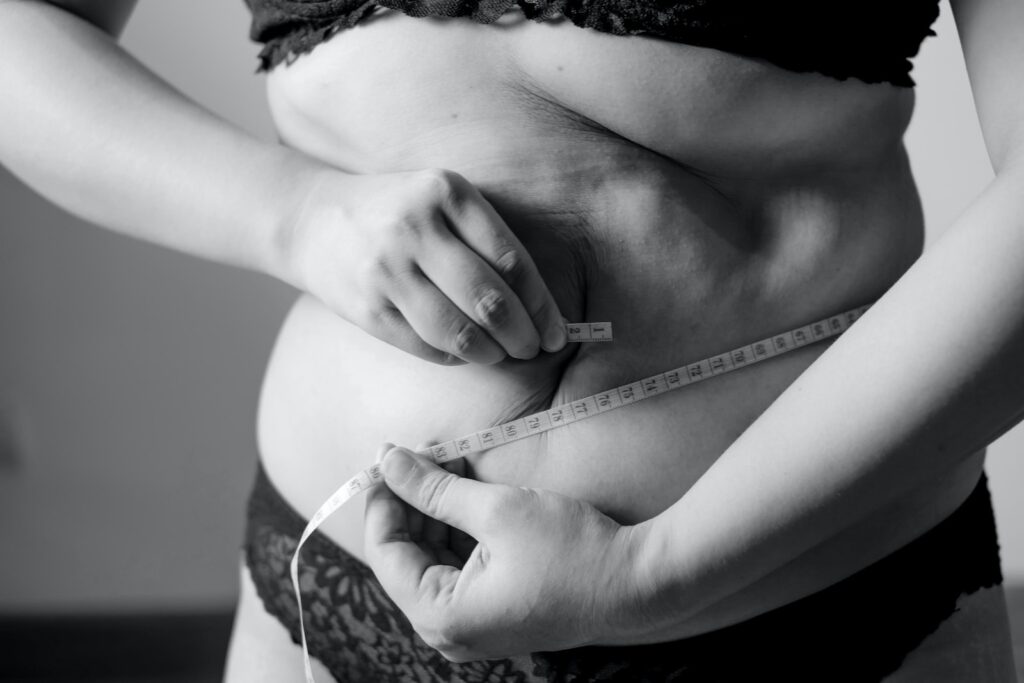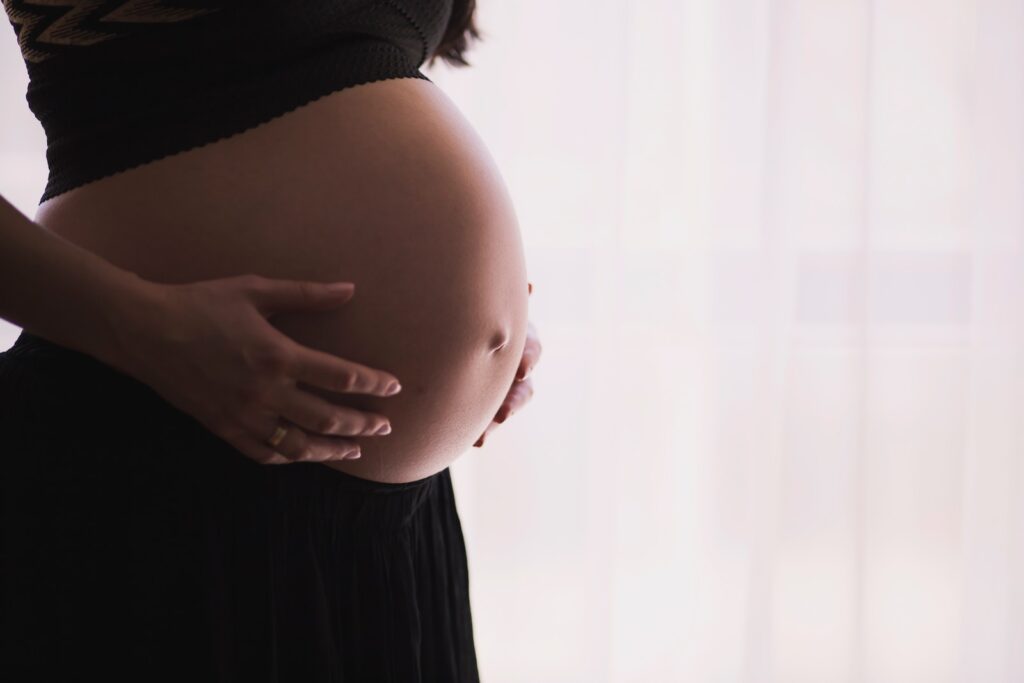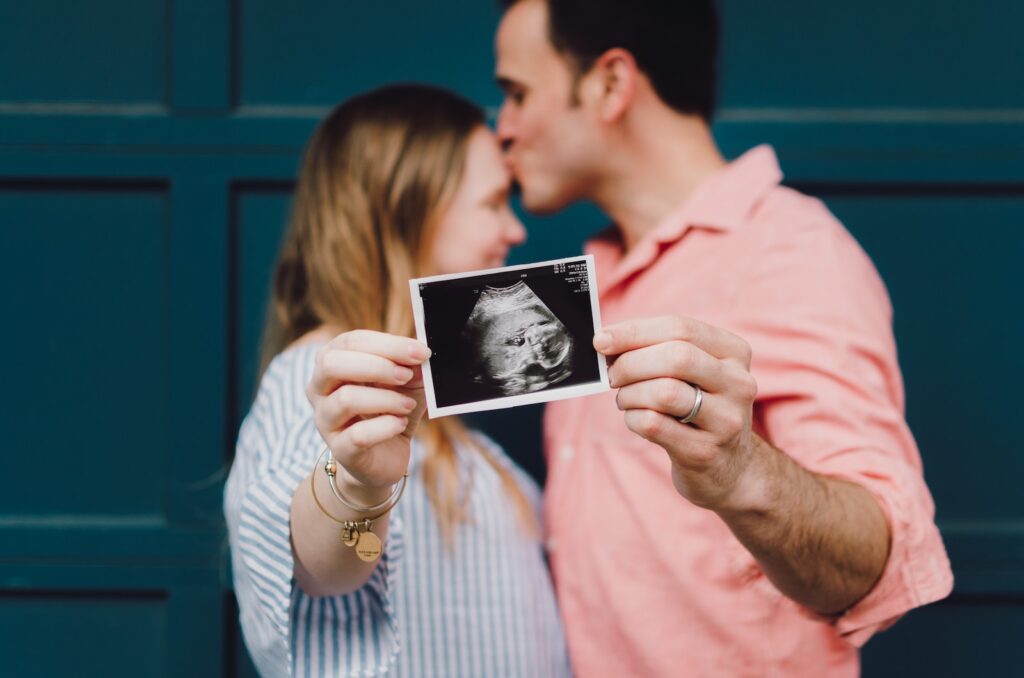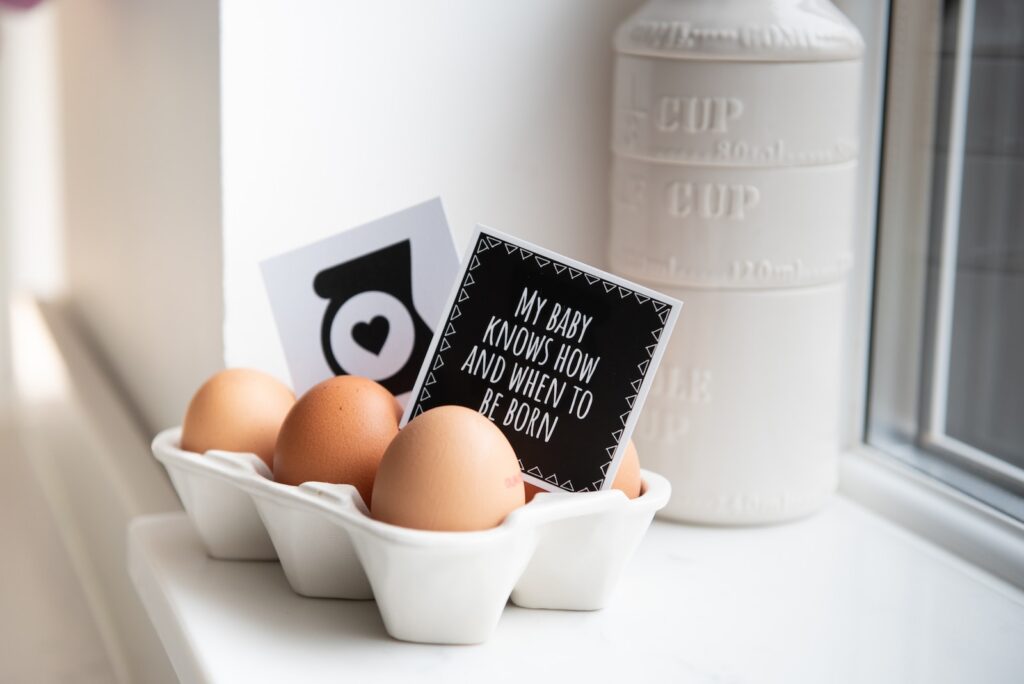As soon as you learn that you are pregnant, your first trimester officially begins, and it will end in the thirteenth week. You have had a ton of questions regarding what is and is not healthy for your unborn child ever since you started your prenatal adventure. To get the answers to your questions, you either start asking people for guidance or just start searching on search engines. But Stop! You will find all the information you need to know about the first trimester of your pregnancy in this post, Signs Your Pregnancy Is Going Well In The First Trimester which indicates that everything is progressing well.
Changes in Your Body
Increased Urination
As your pregnancy proceeds you find that you have frequent urges to pee, you just can’t hold it. The reason behind this is your blood volume increases as the uterus needs more blood to grow as well and the fetus needs oxygen to breathe as blood carries oxygen to your organs and to your baby. So more blood produces more urine and thereby frequent urges occur.
Another reason is your growing uterus exerts pressure on your bladder so that will cause your frequent trips to the washroom. It will be a little less in your second trimester and it will be a little more in your third trimester.
Heartburn
Taking prenatal vitamins and having hormonal changes in the body causes heartburn, which is normal and expected in the first 3 months. Avoid fried, spicy, and citrus food to prevent the heartburn. Hormones like progesterone, relax the smooth muscle of the esophagus and allow stomach acid to leak into your esophagus causing heartburn.
Constipation
Constipation is a side effect of taking iron supplements during pregnancy. To help you avoid this, your doctor should provide you with a diet plan that includes foods high in fibre. Also don’t forget to have plenty of water.
Another reason behind constipation is pregnancy hormones as well as the pressure of growing the uterus on your rectum. There is no need to have over-the-counter drugs or laxatives for constipation.
Fatigue
Try to get as much rest and sleep as possible because, for these three months you will feel tired and exhausted due to the progesterone hormone which is needed for the baby but it also slows down the metabolism. It will settle down as the pregnancy proceeds and you will feel energetic from 4th month (2nd Trimester). Anaemia is another reason which makes you feel fatigued. Make sure you eat enough iron.

Morning Sickness and Nausea with or without vomiting
Yes, nausea is another sign your pregnancy is going well in the first trimester. Some women can’t start their day without nausea and vomiting. Recent research has found that morning sickness is due to a hormone called the Growth Differentiation Factor-15 (GDF-15) located in the hindbrain which is responsible for vomit. Morning sickness prevents pregnant mothers from eating food which can harm the baby. Avoid having an empty stomach and drink plenty of fluids.
If you are someone who does not experience morning sickness then it’s completely fine. Not all pregnant mothers have the same stories.
Vaginal Discharge
Another sign your pregnancy is going well in the first trimester is experiencing an odorless, watery transparent or whitish discharge which is due to increased Estrogen level in your body. This discharge helps to cleanse out the vagina and prevent any infections and ultimately protects the baby.
If the discharge smells bad and is green or yellow in appearance then you should consult your obstetrician.
Do I have normal pregnancy discharge or yeast infection?
Yeast infection is also termed as Thrush. Caused by fungus Candida. During Yeast Infection the discharge is somewhat thick, white, and cottage cheese-like.
Tender and swollen breast
Your breasts will alter significantly throughout the first three months of pregnancy. They will feel heavy and your nipples will become painful and extremely sensitive to touch. These are brought on by the hormones progesterone and estrogen, which aid in raising blood volume and enlarging milk ducts for nursing.
As time progresses your body starts adjusting to these changing hormones and these painful breasts will no longer be an issue for you. But afterwards area around your nipple gets a little darker and the Montgomery tubercles show up on the areolar surface.
Food cravings and aversions
Food cravings are experienced by 60% of pregnant women and many of them have a food craving for food which they normally don’t like. Pregnancy hormones like Estrogen and Progesterone are responsible for food cravings as well as for smell and taste changes.
Mood Swings
It’s a blessing to have a partner that understands pregnancy. You’re likely to go through a wide range of emotions during these turbulent nine months. Sometimes you feel refreshed one moment, depressed the next, worried the third, and worn out the fourth. Fluctuations of hormones and nausea also contribute to stress and mood swings. Mood swings will be there so it’s better to talk to some friend or your birth partner.
Weight Gain Or Weight Loss
There’s a danger of losing weight because morning sickness causes some women to vomit everything they eat. In other situations, some women consume twice as many calories to satisfy desires that will make them gain weight. But both conditions are normal in the first trimester. this is a sign your pregnancy is going well in the first trimester

Acne
Hormones like estrogen and progesterone cause changes in your skin and produce more oil during pregnancy which creates clogged pores, pimples and acne. during pregnancy it’s better to avoid chemically formed cosmetic products and use organic chemical-free products on your skin as during pregnancy your skin is getting more sensitive. If possible consult a dermatologist.
Allergies
Some people are really sensitive and easily get skin allergies. There could be so many reasons for it like eating any unusual food, apply any new cream, hormonal fluctuations etc.
Cramping
Some stomach pain and abdominal pain are normal in pregnancy it occurs during the first trimester. It can be associated with mild pelvic pain and back pain also but this is not something to worry about. it’s normal. One should speak with an obstetrician if she experiences frequent cramping because there is a risk of internal bleeding.
Personally, I experienced the same kind of cramps that were brought on by internal bleeding close to the placenta. However, the medicine that my doctor provided for me helped to alleviate the problem.
Spotting
Implantation is the process by which the fertilised zygote is placed on the endometrial wall of the uterus during conception. Some women may start to experience minor bleeding spotting at this point.

Leg cramps
You may have experienced leg cramps on one side of your leg or the other or both, causing discomfort and affecting the daily life of expectant mothers. It can be due to weight gain, hormonal fluctuation, mineral deficiencies, or pressure on nerves. Stretching, massaging an affected area, and heating or cold compresses can provide relief.
You don’t have any symptoms?
No worries, showing no sign in your first trimester is not an issue. what is important is you should take care of yourself during this time duration of the first trimester. many doctors recommend travelling less and avoiding running and high-impact exercises during the first trimester cause it may lead to miscarriage and other complications. so it’s better to take rest as much as possible.





